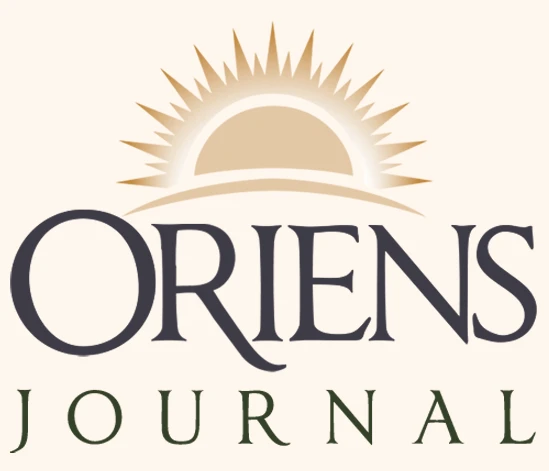The Catholic Church has a rich history of published journals. One only need think of The Thomist and its intellectual rigour and clarity; Communio and its timely arrival amidst the chaos and confusion of the 1970s, and perhaps the most well-known of which in the English-speaking world, although itself not Catholic- Newman’s Tracts for the Times. Catholicism, and Christianity more broadly, has always seen the need to put into words the truths we hold dear. This is something baked into the Church’s spiritual DNA. Even the great letters of St. Paul are in some way, a kind of journal that captures the Christian concern to write down what we know to be true and want to be known by others. There is something about the human experience that requires things immaterial to be made into things quantifiable. It was not enough for God to declare the redemption of all men from on high; he had to take on the flesh that he Himself had wanted to redeem. On this side of eternity, men need the material in order to make sense of the metaphysical. And so, we write things down.
In Australia too, we have a great written tradition in journal form. Annals of Australasia was up until its final publication in 2019, Australia’s oldest continuously published magazine. It was founded in 1889. It had a long and rich history that enlightened the minds of many a Catholic across the world. However, these initiatives are much easier to begin than they are to maintain. Especially given our contemporary tendency to not read anything longer than a tweet or a text. It is hard to capture the depth and mystery of the Christian faith in 160 characters or less. Our age seems to prefer the long-from interview and podcasts, made possible by modern means of communication. And these provide invaluable and convenient ways to inform oneself about topics that are hard to fathom. But there is something about the written word that is both perennial and undeniable- even if at the moment, it may not be fashionable.
Reading something well takes effort. It requires your attention in a way that listening does not. Listening to someone else’s thoughts can be quietly deceptive. Not that the person talking is trying to mislead you, it is that you deceive yourself into thinking that his level of expression is your level of understanding. Many a student, who relied on listening and did not do the reading, found his understanding was not sufficient come examination time. What seemed so easy to follow in the lecture hall while the professor waxed lyrical about Virgil’s Aeneid or modern tort law is another thing entirely when you are asked to make your own evaluation about a particularity difficult question to interpret. The professor was giving you the fruits of many years of reading- his reading; not yours. Reading brings a qualitative difference to your understanding. It will also improve your writing and sharpen your speech. But you must read the written word.
Christians especially, must be prepared to do a bit of reading. Not least of which is Sacred Scripture. But also, the Fathers of the Church. Her doctors, documents, theologians, saints and mystics all contribute to the fabric of the Christian life. But the reason is not just for the pleasure of reading, but rather so that we may be able to give an account of the hope that is in us (1Peter 3:15). We are preparing ourselves for a different kind of final exam.
The Oriens Journal is a publication that you should dedicate some time to reading. Its task is to present the riches and depth of the Catholic Tradition to a new generation in a moment when both clarity in doctrine is lacking and also adequate formation is wanting. The truths of the faith have not become less true- but they are made less clear when those entrusted with them are less than forthright about what they are and what they demand. We have allowed a certain fixation with the genteel to derail our need for the forthright. Social etiquette that bends to the tastes of an age is no substitute for the truth, for that is a counterfeit charity. What we preach will always be unpopular. We cannot tell what the next generation will find distasteful or difficult to swallow about the Gospel. This generation’s task is not to pre-empt what that may be, but simply to show them how we faced and overcame our own struggles. They will be more inspired by our courage, please God, than they will be impressed with our manners.
There is a way that the authors hope that you read this journal. These articles are longer than what you would normally find online. But the idea of the Journal is not that necessarily you would read it like a newspaper. A better way of reading the Journal is to first follow a particular author. For each author’s task is to give you a formation- and for that you need to develop a teacher-pupil relationship. Each author will offer a different perspective on formation in the Catholic Faith. Catholicism in cyberspace has no shortage of pundits, commentators and influencers. What it lacks are masters of the Christian life. Stable points of reference to whom you can turn when things around you, or inside of you, begin to break down. Think of each author as a potential point of reference- a spiritual father- in your Christian life. The Journal is designed in a way that you can interact with the authors and seek their guidance should you need it. We have made it as interactive as is possible on the platform. We hope that you will treat this as a font of formation. We pray that what we bring you will make you worthy of His Kingdom.
November 1, 2024
Solemnity of All Saints


